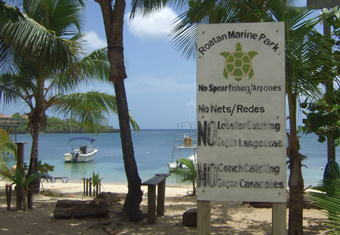

Abstract
The loss of marine biodiversity from overfishing, climate change and pollution compromises the ability of coastal populations to sustain their livelihoods and wellbeing from the ocean. In response, marine protected areas (MPAs) are increasing being used to stem declines in marine biodiversity and foster sustainable development in the U.S. and around the world. Although we know a quite a lot about the impacts of MPAs on marine species and habitats, there is no consensus concerning their social impacts on coastal communities. Building upon my previous work on MPA ecological impacts, I will use cutting edge impact evaluation methods to examine the social impacts of MPAs in the U.S. and around the world. I will draw on demographic, health and ecological datasets to assess MPA impacts on (amongst other things,) human health, income and education, as well as to investigate how these impacts vary across societal groups, geographies and scale. Ultimately, my research will identify the management and governance conditions that lead to social and ecological ‘win-wins’: MPAs that benefit both people and nature. This work represents a unique collaboration between Conservation International, Duke University and the National Oceanic and Atmospheric Administration (NOAA).
This research will lead to fundamental insights into the relationships between human well-being, biodiversity conservation, and resource governance, advancing both the science of coupled human-natural systems and the practice of conservation. In particular, it will provide key insights into how to design MPAs that benefit not only fish, but also the people who depend on them.
